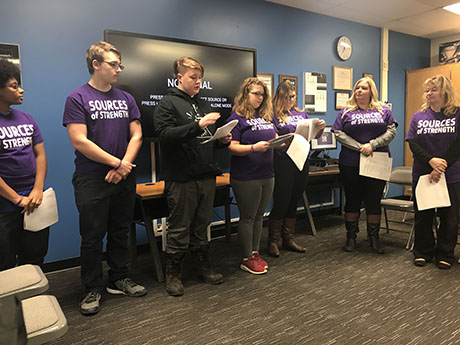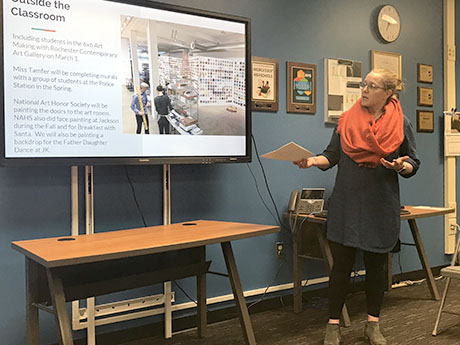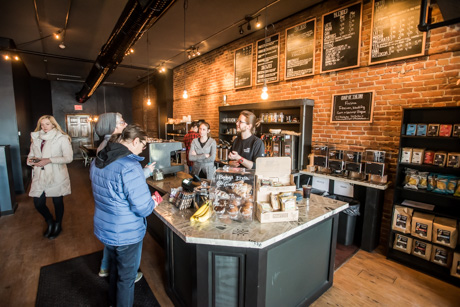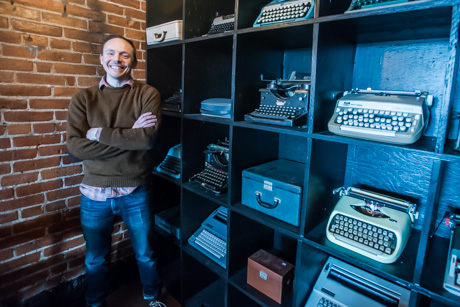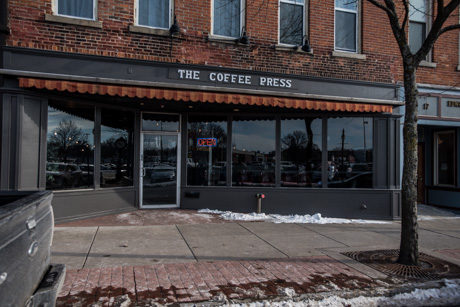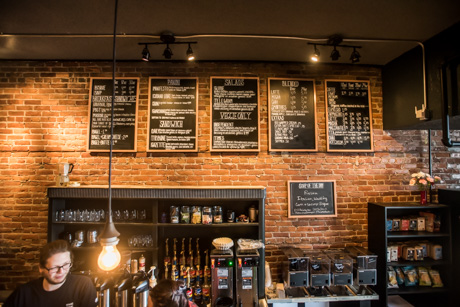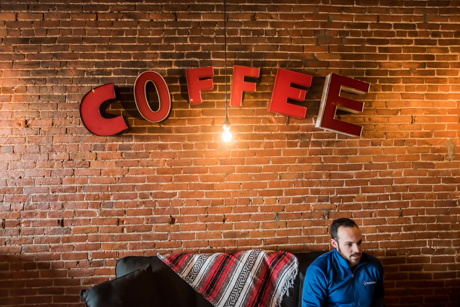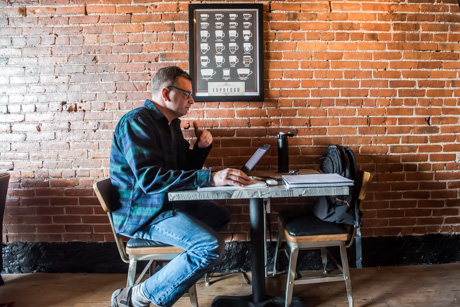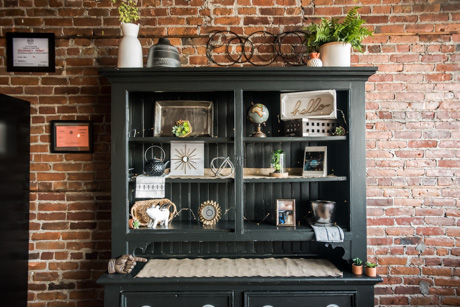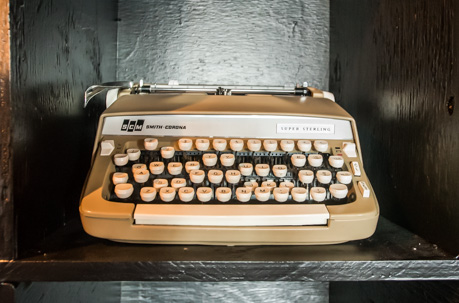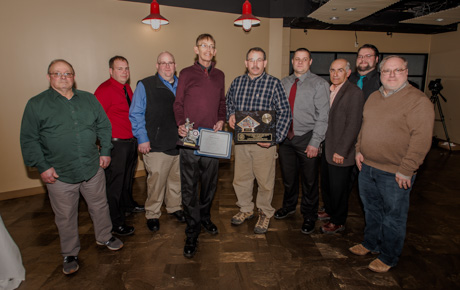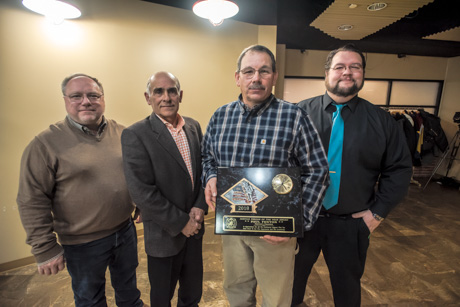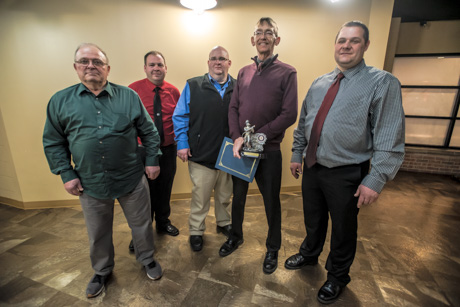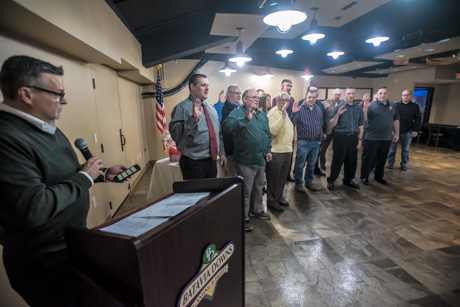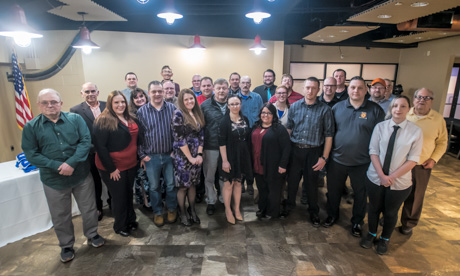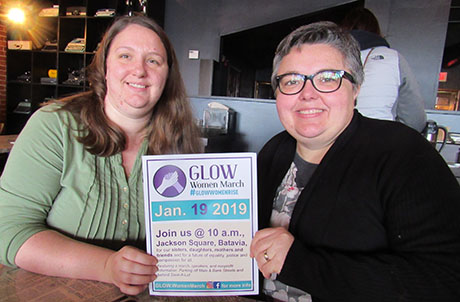The Women’s March which took place in Washington, D.C., in 2017 has created interest among women in Genesee County.
On Saturday, Erica O’Donnell, of Batavia, Kristie Miller of Darien and Dorothy Avery, of Bergen, have organized an event called “Women March,” featuring a march, speakers and informational booths by various nonprofit groups. The march will begin at 10 a.m. in Jackson Square, where music will be provided by the Women’s Resistance Choir from the GLOW region.
The march is a family friendly event, Miller said, designed after the original march in Washington, D.C., and then was copied in cities like New York City, Seneca Falls, Buffalo and Rochester.
“A lot of people from the Batavia area traveled to the march in Seneca Falls,” Miller said.
“Last year, a mutual friend, Dorothy Avery, got a school bus to take women to Seneca Falls, and we said, ‘We can do this here,’ ” O’Donnell said. “You hear in the media about these events geared to the big cities, and we wanted to make one available for rural women.”
“We wanted an event which dealt with issues facing women in our community,” Miller said.
“Typically, if you live in the GLOW region, you have to travel to Buffalo or Rochester for a lot of things,” O’Donnell said. “But the experiences of people who live in those cities are different from the people who live in the GLOW region.”
After organizing in Jackson Square, the women will march down Center Street to Ellicott, then Liberty to Main and the City Centre, where speeches will continue and nonprofit organizations will have information available.
Participants will include Diana Kastenbaum; Members of Woke GCC; Lauren Jimerson of Fairport, project manager of Iroquois White Corn Project; Tamara Leigh with Out Alliance of Rochester; Carly Fox with Worker Justice Center of New York; Debora McDell-Hernandez with Planned Parenthood of Batavia; Michelle Schoneman of East Aurora, founder of Citizens Against Collins; ChaRon Sattler-Leblanc with Moms Demand Action from Rochester and the Genesee region; and Vanessa Glushefski, deputy comptroller for the City of Buffalo.
O’Donnell said she thinks the event will be good for the city. Other marches across the country have been huge, she said. When she went to the march in Seneca Falls, hotels were all booked and stores sold out of everything.
“This is going to be a year-round effort to empower and support women,” O’Donnell said. “We are an organization, not just a march.”
Sisters, daughters, mothers and friends are invited to join the march.
Photo: Erica O’Donnell, left, and Kristie Miller are co-leaders of a Women’s March on Saturday morning. The march will begin at 10 a.m. in Jackson Square and feature speakers, a march to the City Centre, and information from nonprofit groups.
